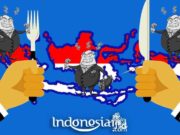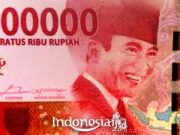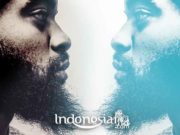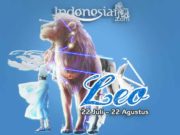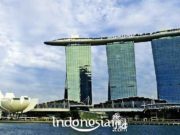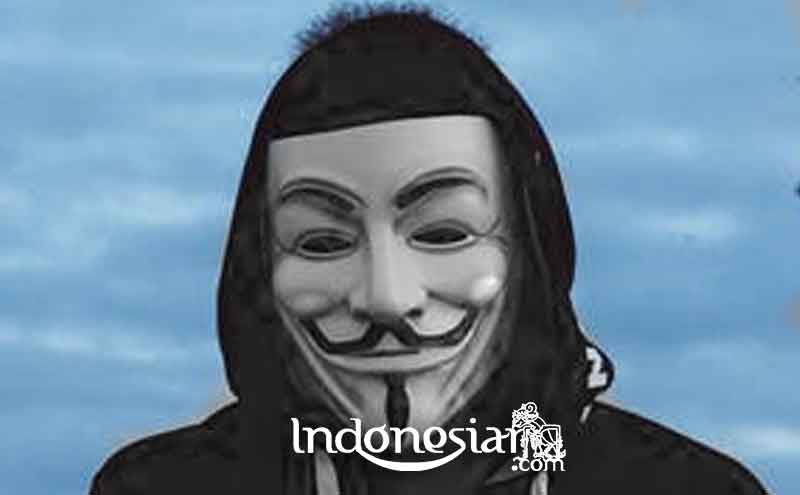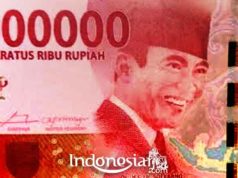Mount Bromo is a mountain located in the province of East Java and this mountain has a distinctive characteristic that there are indigenous people called the Tengger tribe, which is a family of Javanese ethnicity.
The Tengger tribe has a unique and contrasting belief, language, and culture. The tradition that developed among the Tengger Tribe is closely related to Mount Bromo. It can be said, between Mount Bromo and the Tengger Tribe, they have a mystical bond that supports each other.
Origins to the Legend of Roro Anteng and Joko Seger
There are several views explaining the origin of the name “Tengger”. The first opinion says that the term “Tengger” means the mountains where they live. The next view states that the term “Tengger” comes from the phrase Tenggering Budi Luhur which means noble character, describing the proper character of the Tengger Tribe. Until the last view says that the name “Tengger” is a combination of the names Roro Anteng and Joko Seger, the name of the ancestor of the Tengger Tribe.
In his book entitled Hindu Javanese: Tengger Tradition and Islam, Robert W. Hefner explains that the people of the Tengger Tribe are descended from the refugees of the Majapahit Kingdom. In the 16th century, the weakened Majapahit Empire experienced an attack from the Islamic kingdom led by Raden Patah. To save themselves from the invasion, some of the Majapahit people fled to the island of Bali. Others chose to occupy a mountainous area in East Java, isolating themselves from outside influences. These people were later called the Tengger Tribe.
Among the Tengger Tribe itself, a legend has developed which tells about the history of their ancestors. Tersebutlah Roro Anteng, daughter of a prince of the Majapahit Kingdom, and Joko Seger who is the son of a brahman. Roro Anteng and Joko Seger then married and they also became refugees in the Tengger Mountains. It was there that they later became leaders with the title Purbawisesa Mangkurat Ing Tengger. The descendants of Roro Anteng and Joko Seger later became the Tengger Tribe in East Java.
The Unique Social Conditions of the Tengger Tribe
As previously explained, the ancestors of the Tengger Tribe took refuge and were isolated in the Tengger Mountains. Their condition that has not been touched by outside civilizations for years has an impact on the social conditions of the Tengger Tribe.
Unlike other Javanese civilizations that have been dominated by Islamic teachings, the Tengger Tribe still maintains the beliefs of their ancestors from Majapahit. The ancestors of the Tengger Tribe embraced the Shiva-Buddhist belief which later developed into Hinduism as held by the Tengger Tribe today.
Language problems too. The Tengger tribe has a different dialect from the Javanese language which developed in the modern era. They still use the Kawi dialect and there are some Old Javanese vocabularies that are no longer used by other Javanese speakers. This is what causes the Javanese people to have difficulty understanding the Tengger language.
Not only that, the Tengger Tribe also has its own calendar system in addition to the AD calendar. They use the Saka Year calendar system which adopts the Hindu calendar system. For this reason, the Tengger Tribe calendar system is similar to the traditional Javanese and Balinese calendar. In one year, there are twelve months. The names of these months include Kasa, Karo, Katiga, Kapat, Kalima, Kanem, Kapitu, Kawolu, Kasanga, Kasadasa, Dhesta, and Kasadha. In one month there are thirty days. This calendar system is useful for determining the implementation of the Tengger tribe’s traditional ceremonies.
Yadnya Kasada Ceremony
Apart from being unique, the Tengger tribe is also known to be rich in traditions and a series of traditional ceremonies. One of the famous ceremonies is the Yadnya Kasada. This ceremony is held on the 14th month of Kasadha. During the Yadnya Kasada ceremony, the people of the Tengger tribe pray to God and offer sacrifices in the form of livestock and agricultural products such as vegetables and fruits to the crater of Mount Bromo. The ceremony aims to ask for safety and blessings. In addition, Yadnya Kasada is also a memorial event for the Tengger Tribe to commemorate the sacrifice of Raden Kusuma, the youngest son of Roro Anteng and Joko Seger.
According to local legend, Roro Anteng and Joko Seger were meditating on Mount Bromo, begging God for descendants. They also promised to sacrifice their youngest child to Mount Bromo if they were blessed with offspring. Their prayers were finally answered and they have 25 children. However, Raden Kusuma as the youngest son was never sacrificed. This is what makes Mount Bromo angry so that Raden Kusuma’s willingness to sacrifice himself is able to calm Mount Bromo’s anger.
Now, Yadnya Kasada has become a traditional ceremony for the Tengger Tribe that is able to attract tourists. This moment contributed to the large number of tourists visiting Mount Bromo. Based on data from BBC Indonesia, as many as 380,000 local tourists and 37,000 foreign tourists visited Bromo in 2015. Not only offering beautiful views, tours on Mount Bromo are also animated by the traditions and uniqueness of the Tengger Tribe that are still preserved today.
Come on, get other interesting information from indonesiar.com and visit Indonesia.








